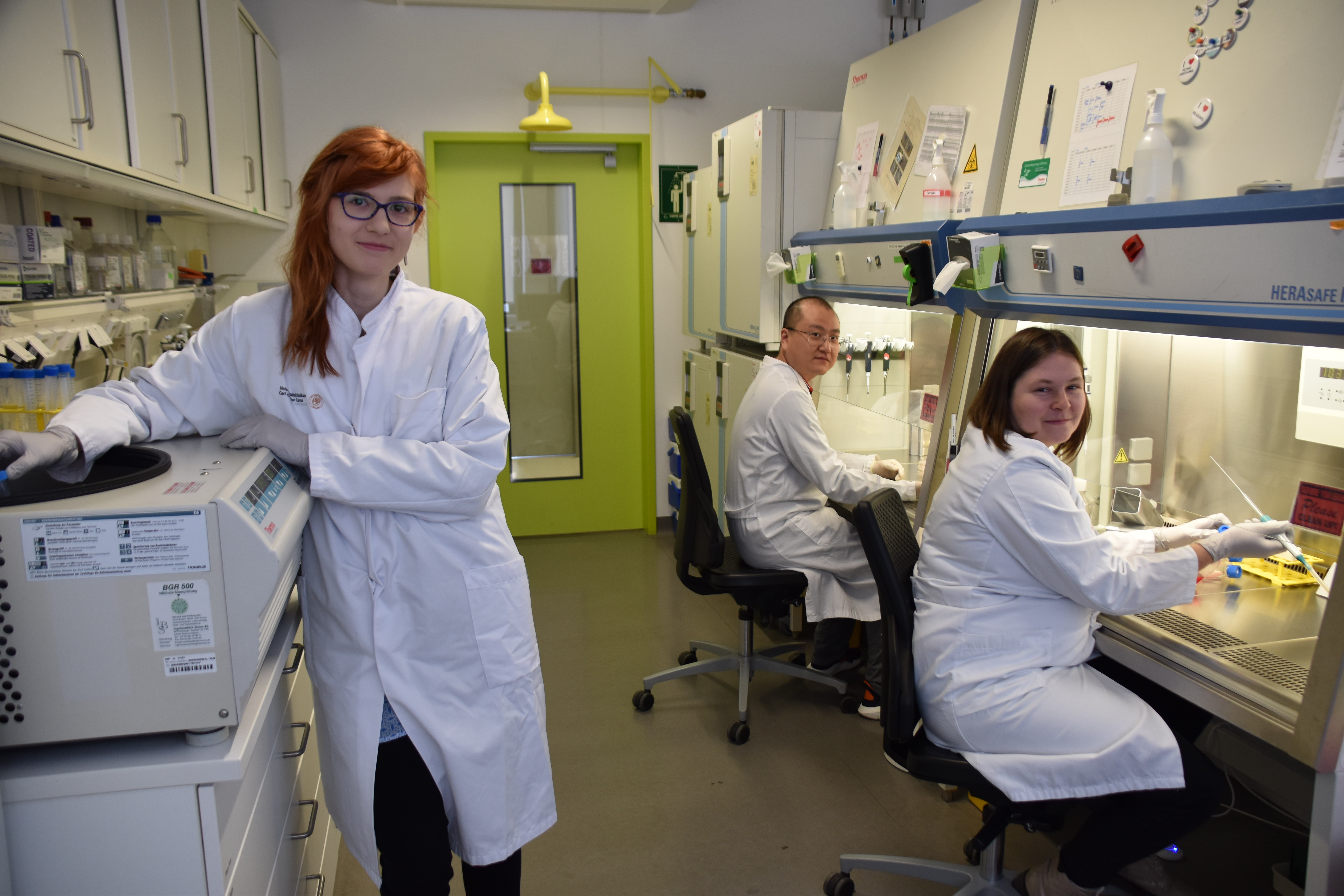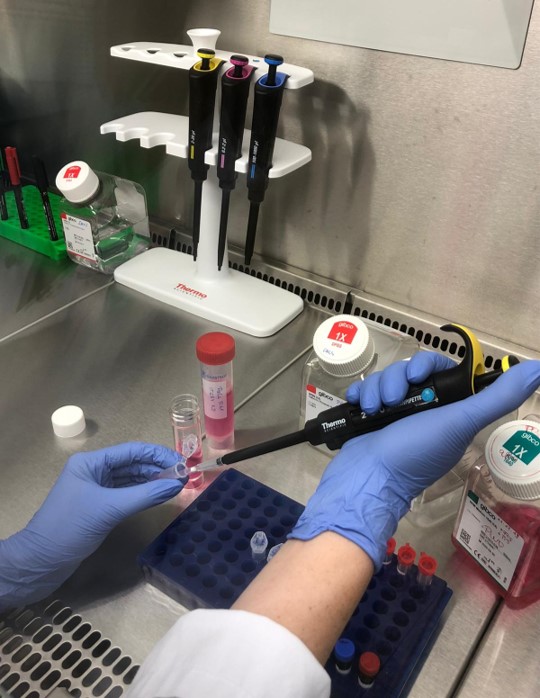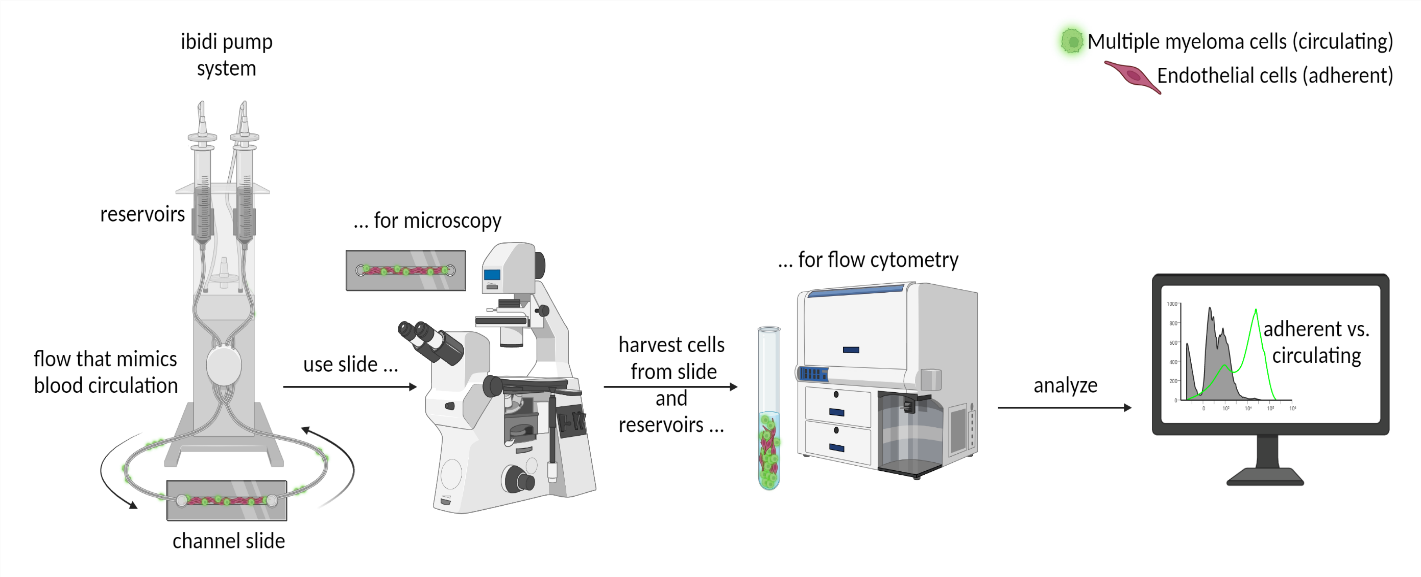Daria Klusa, Xia Pu and Liza Gorodetska, NCT/OncoRay Dresden
Where you are from, what attracted you to do your PhD Thesis project in our institute?
Daria: I come from Poland and one of the reasons I wanted to join NCT/OncoRay was the chance to work in very international environment, which in my opinion is important stimulating factor to keep the project going dynamically.
Xia: My name is Xia Pu, I am a PhD student in the group of Prof. Anna Dubrovska. I come from China. I love studying cancer stem cells, so I decided to be a part of the biomarker team in Oncoray.
Liza: I am from one of the most beautiful cities of Europe – Kyiv. Currently I am holding a position of PhD student in the Biomarkers group led by Professor Anna Dubrovska. When I found out about the opportunity to become a part of OncoRay research team, I knew this was where I wanted to be: carry forefront cancer research in one of the noted institutes in Germany and in a beautiful and multicultural city is the perfect combination.
What is your project about, why this topic is interesting for you, what is most exciting for you in your study?
Daria: In my project, I focus on identification of phenotypes of circulating tumor cells found in metastatic prostate cancer patients undergoing radiotherapy. What excites me from the beginning is a chance to detect treatment resistant cancer cells simply by a blood analysis and apply state – of – the – art methods, such as single cell RNA sequencing.
Xia: My current project is to find new tumor markers and their relationship with cancer stem cell radiotherapy and invasion. The most interesting part of my project is to be able to find new cancer stem cell markers that can be widely used.
Liza: Our project is focused on functional characterization of bone metastasis initiating and radioresistant prostate tumor cells. As for today treating metastatic cancer, especially when it has spread to several different organs, is an enormous challenge. Understanding of metastatic processes make our project exciting and attractive for investigation. This project gives me the freedom to invent and explore new ideas and areas of biology that others haven’t.
Why the results of your project can help to fight cancer?
Daria: First of all, the results of the study may help to identify metastatic prostate cancer patients with worse prognosis at the early stage of disease. Furthermore, those cells with ability homing to bone could be potentially targeted before metastatic lesions can be found, which eventually would increase patients overall survival.
Xia: Our results can provide molecular targets for the treatment of cancer stem cells.
Liza: Better characterisation and deeper understanding of the genetic and epigenetic changes that occur over time in metastatic tumors will be critical to develop curative methods that are more effective. If we can find out the molecular basis for cancer metastasis, then we’re in a better position to develop therapeutics that can attack them.




